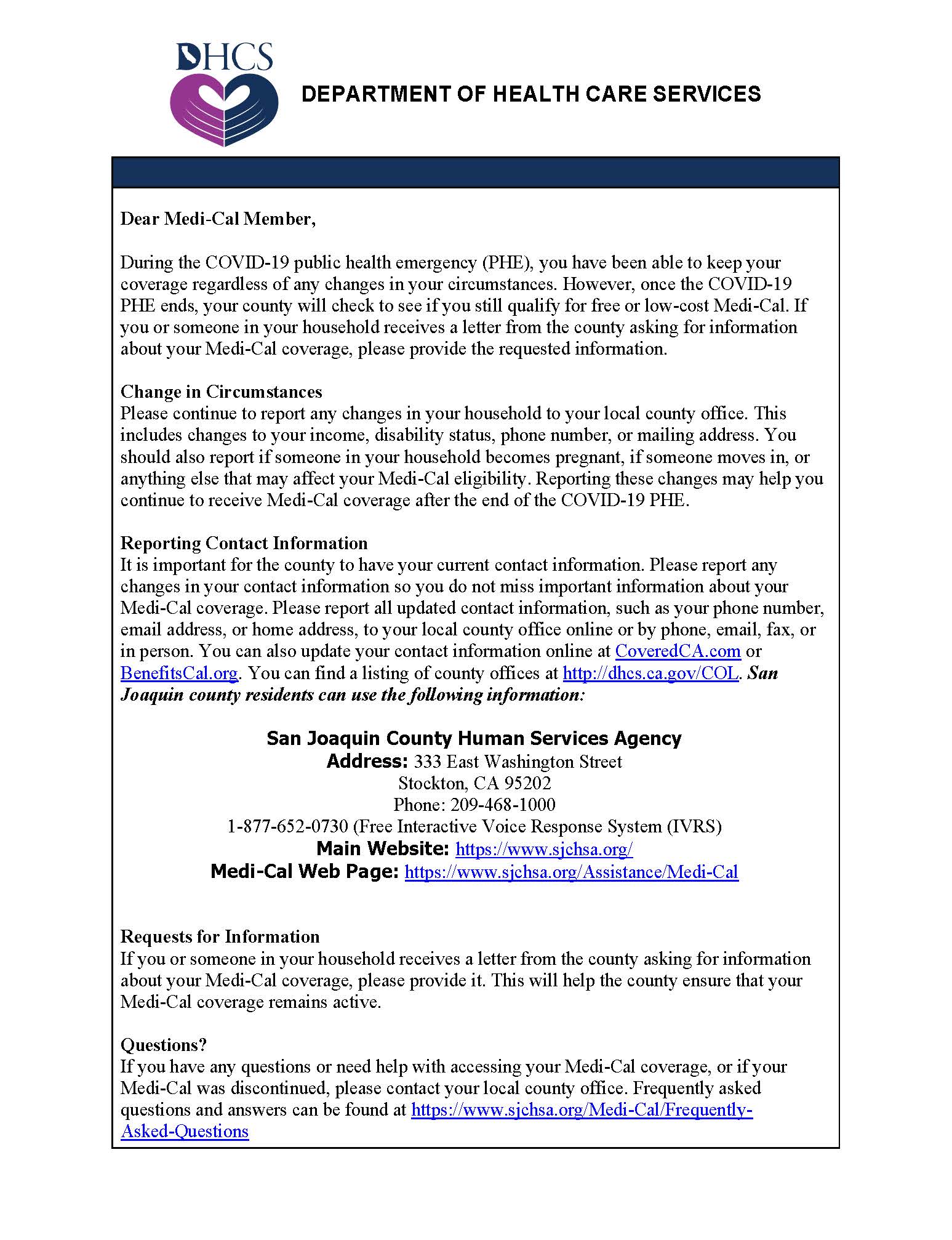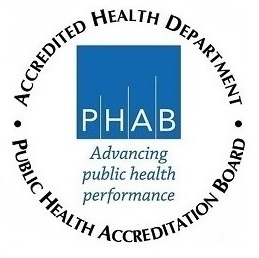What Is West Nile Virus?
West Nile Virus is an illness spread by infected mosquitoes. West Nile virus (WNV) is a potentially serious illness. Experts believe WNV is established as a seasonal epidemic in North America that flares up in the summer and continues into the fall.
Most people who get West Nile Virus do not get sick. Others may have mild symptoms such as fever, headache, and feeling tired. Sometimes, it can cause serious infections of the brain, spinal cord and nerves. This is rare.
What Can I Do to Prevent WNV?
The easiest and best way to avoid WNV is to prevent mosquito bites.
- When you are outdoors, use insect repellent containing an EPA-registered active ingredient. Follow the directions on the package.
- Many mosquitoes are most active at dusk and dawn. Be sure to use insect repellent and wear long sleeves and pants at these times or consider staying indoors during these hours.
- Make sure you have good screens on your windows and doors to keep mosquitoes out.
- Get rid of mosquito breeding sites by emptying standing water from flower pots, buckets and barrels.
- Change the water in pet dishes and replace the water in bird baths weekly.
- Drill holes in tire swings so water drains out.
- Keep children's wading pools empty and on their sides when they aren't being used.
Something to remember: The chance that any one person is going to become ill from a single mosquito bite remains low.
¿Qué es el Virus del Nilo Occidental?
El virus del Nilo occidental es una enfermedad transmitida por los mosquitos. El Virus del Nilo Occidental (VNO) es una enfermedad que puede ser grave. Los expertos consideran que el Virus del Nilo Occidental se ha convertido en una epidemia de temporada en Norte América, que recrudece en el verano y continúa hasta el otoño.
La mayoría de las personas que se infectan con el virus del Nilo occidental no se enferman. Es posible que otras presenten síntomas leves, tales como fiebre, dolores de cabeza y cansancio.A veces, puede causar infecciones graves en el cerebro, la médula espinal y los nervios. Esto es raro.
¿Qué puede hacer para prevenir el VNO?
La forma más fácil y mejor de evitar el VNO es prevenir la picadura de mosquitos.
- Cuando esté al aire libre, utilice repelentes de insectos que contengan DEET (N, N-dietil-metatoluamide). Siga las instrucciones en el envase.
- Muchos mosquitos son más activos al anochecer y al amanecer. Asegúrese de utilizar repelentes de insectos y de usar camisas de manga larga y pantalones o trate de estar adentro durante estas horas. La ropa de colores claros le puede ayudar a ver los mosquitos que se posan sobre usted.
- Asegúrese de tener buenos mosquiteros en ventanas y puertas para evitar la entrada de mosquitos.
- Puede eliminar los criaderos de mosquitos vaciando el agua acumulada en macetas para flores, en baldes y barriles.
- Cambie el agua de los platos de las mascotas y remplace el agua de la pila para pájaros cada semana.
- Haga huecos de drenaje en los columpios hechos con llantas para que salga el agua.
- Mantenga vacías las piscinas portátiles para niños y póngalas de lado cuando no se estén utilizando.
Algo para recordar: La probabilidad de que una persona se enferme a causa de una picadura de mosquito sigue siendo baja.
General Information
- Source: The Centers for Disease Control and Prevention
- WHAT YOU NEED TO KNOW: FACT SHEET
| PDF
- This contains important West Nile virus information including transmission, prevention, signs and symptoms; that can help you recognize and prevent WNV illness…more
- QUESTIONS AND ANSWERS Answers to some of the most frequently asked questions about West Nile
- WHAT YOU CAN DO: Avoid Mosquito Bites to Avoid Infection
(CDC)
- Learn how to minimize your risk to West Nile and other diseases transmitted by mosquitoes. Includes how to avoid mosquito bites and how to reduce places where mosquitoes live and breed around your home, includes a flyer and poster to download…more
- http://www.cdc.gov/ncidod/dvbid/westnile/prevention_info.htm
- http://www.cdc.gov/ncidod/dvbid/westnile/resources/FighttheBite_prevention.pdf
- http://www.cdc.gov/ncidod/dvbid/westnile/resources/wnvflyer.pdf
Health Care Providers
Special Groups
- WNV information brochure for Seniors
- West Nile Virus and Pregnancy
- West Nile Virus and Breastfeeding
- Horses: There is a vaccine available for horses to prevent West Nile encephalitis. Please contact your veterinarian for vaccine recommendations
Business & Employers
- WORKPLACE SAFETY Important WNV information to ensure protection of your workers.
- QUESTIONS AND ANSWERS Answers to some of the most frequently asked questions about West Nile in relationship to your employees
- RECOMMENDATIONS FOR PROTECTING OUTDOOR WORKERS FROM WEST NILE VIRUS EXPOSURE
Links Other Resources – Websites and Phone Numbers
- San Joaquin County Mosquito and Vector Control District,
- Learn about the local surveillance, intervention and spraying schedules, call 209.982.4675, 1.800.300.4675 or visit the website at www.sjmosquito.org
- Learn about the local surveillance, intervention and spraying schedules, call 209.982.4675, 1.800.300.4675 or visit the website at www.sjmosquito.org
- San Joaquin County Office of Emergency Services
- Learn about the local WNV situation and how to respond. Listen to the Recorded Message Hotline Phone Number 469-8200; or visit he website www.sjgov.org/oes
- California Department of Public Health
- Includes the latest WNV information in Washington, including basics about the disease, surveillance efforts in Washington State, related health issues, and educational materials. Call 1-877-968-2473 to report a dead bird or squirrel or you can submit an online report at westnile.ca.gov . For additional resources: http://www.westnile.ca.gov/resources.php
- Includes the latest WNV information in Washington, including basics about the disease, surveillance efforts in Washington State, related health issues, and educational materials. Call 1-877-968-2473 to report a dead bird or squirrel or you can submit an online report at westnile.ca.gov . For additional resources: http://www.westnile.ca.gov/resources.php
- Centers for Disease Control and Prevention
- Includes West Nile virus basics, maps of WNV activity in the U.S., preventative measures, and other resources. NOTE: This information is offered in several languages. The Public and Clinicians may call the CDC Hotline in English/Spanish at 1-800-CDC-INFO (1-800-232-4636 or TTY 1-888-232-6348) or visit the website at http://www.cdc.gov/ncidod/dvbid/westnile/index.htm
- Includes West Nile virus basics, maps of WNV activity in the U.S., preventative measures, and other resources. NOTE: This information is offered in several languages. The Public and Clinicians may call the CDC Hotline in English/Spanish at 1-800-CDC-INFO (1-800-232-4636 or TTY 1-888-232-6348) or visit the website at http://www.cdc.gov/ncidod/dvbid/westnile/index.htm
- NIOSH
- National Institute of Occupational Safety and Health Information that deals with workplace safety measures and policies to ensure the safety of your workers.
http://www.cdc.gov/niosh/topics/westnile/qanda.html
- National Institute of Occupational Safety and Health Information that deals with workplace safety measures and policies to ensure the safety of your workers.
- World Health Organization
- Learn about the WNV situation worldwide. WHO is the directing and coordinating authority for health within the United Nations system. It is responsible for providing leadership on global health matters.
http://www.who.int/vaccine_research/diseases/vector/en/index3.html
- Learn about the WNV situation worldwide. WHO is the directing and coordinating authority for health within the United Nations system. It is responsible for providing leadership on global health matters.


